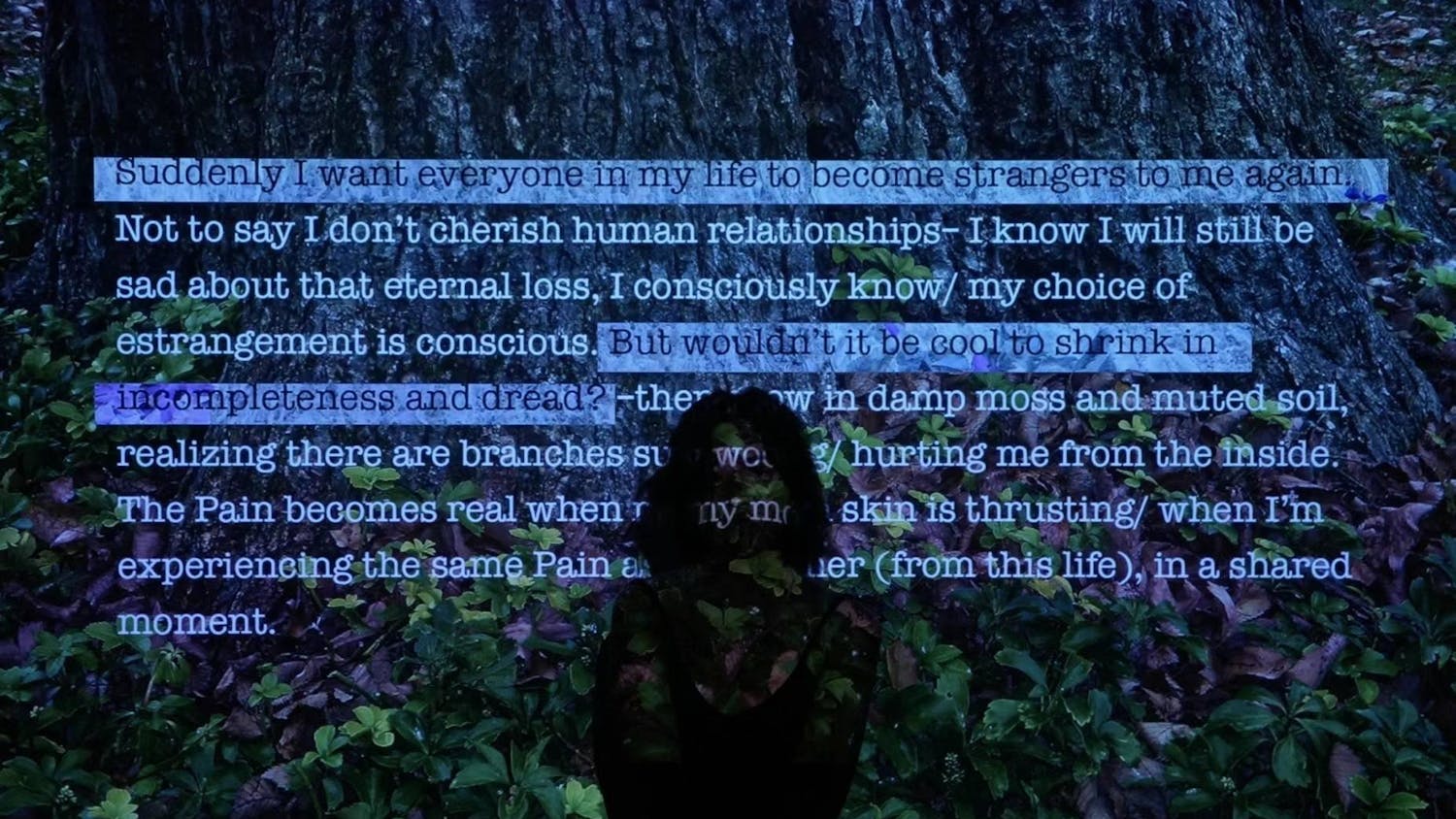Raised in a lower-middle class family struggling with debt and haunted by a history of alcoholism, Seamus Kirst ’13 tells a story that began even before he was born in “Shitfaced: Musings of a Former Drunk.” The heart-wrenching but hopeful foreword, written by Kirst’s father, lays the groundwork for the developing memoir through his own story as a struggling writer and a self-described “blackout drinker.” From this foundation, Kirst composes a hilarious, blatantly honest and sometimes downright sad memoir, told from the vantage point of a Brown graduate and recovering alcoholic. While the story focuses on Kirst’s experience with alcoholism, he includes topics of class, sexuality and mental illness interlaced in the complicated saga.
The coming-of-age story begins fairly innocently, when, in Kirst’s early childhood, he would beg his mom to give him extra Flintstone vitamins. The story continues to follow Kirst on a complicated search for identity as he navigates a world of extremes. His battle with alcoholism culminates in his early twenties when he tries to manage a relationship in spite of his excess drinking. Following his breakup and another night he could not recall, he finally reached out to his father and began his recovery process.
Throughout the text, Kirst deals with an unconventional dichotomy in his character. “‘You have the most imbalanced personality of anyone I’ve ever met,’” he recalls his father saying. And though he was repeatedly hospitalized for alcohol poisoning and endured long stays in rehab, Kirst managed to maintain straight-As and made his way from a high school valedictorian in Syracuse, New York to a student at Brown, he recalls.
At times, the reader is jarringly reminded how grounded Kirst’s story is, literally, on College Hill. “One moment, I was on the Main Green of Brown’s Campus,” Kirst writes, adding that “it was 4/20 — the unofficial holiday of marijuana consumption — and everyone was smoking.” But, as the chapter unfolds, the reader realizes how the buzz of a well-known annual campus event easily obscures the darker experiences of its participants. One minute, Kirst is coming down off a high while he and his friends “talked about the Spring Weekend concert,” and the next he describes the impact of his drinking as he “fell deeper down the rabbit hole.”
He recalls calling his dad from the Main Green, reporting that he did not feel entirely comfortable at Brown. In his familial report, however, he did not mention the alcoholism that had impacted his life at school but instead talked about class disparities on campus.
“How could my dad, a normal person from lower middle-class America, comprehend kids running around with limitless credit cards?” he wrote. “I felt on the outside — left out; a feeling that I had been convinced would disappear when I got to the college of my dreams.”
Kirst pairs his personal anecdotes with the shared experiences of students across campuses and, for that matter, anyone who has ever felt like they were on the outside.
In the memoir, Kirst includes an essay he published called “There and Back Again: Why I Gave Up Alcohol at 22.” This condensed version of his story, which reached a global audience, inspired the larger text. “Alcoholism has taught me that you really can convince yourself to do anything,” Kirst writes, highlighting truths that transcend his specific experience. The essay ends on a hopeful, comical and confessional note, mimicked in the voice readers become familiar with in the memoir.
“But what I do have, finally, is the peace of mind knowing that I can wake up every morning remembering all that I did the night before — for better or for worse — and knowing, in the end, I will be okay.”
Correction: A previous version of this article said that Seamus Kirst '13 was raised in a family living on the edge of bankruptcy. In fact, he was raised in a lower-middle class family struggling with debt. The Herald regrets the error.




